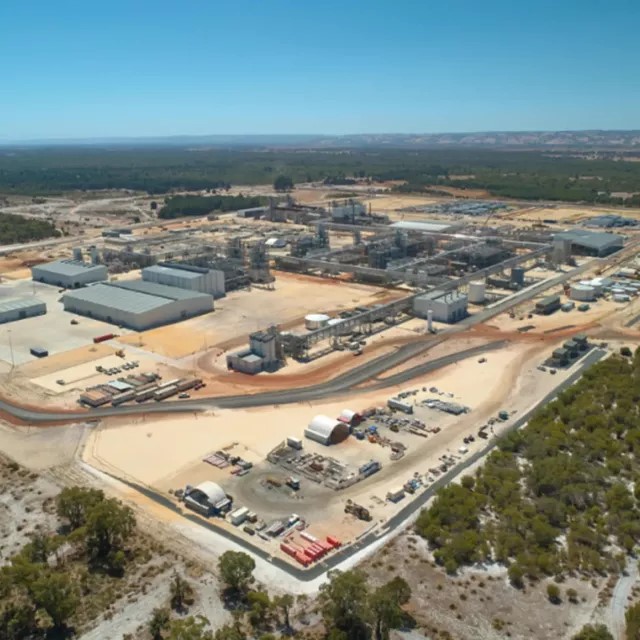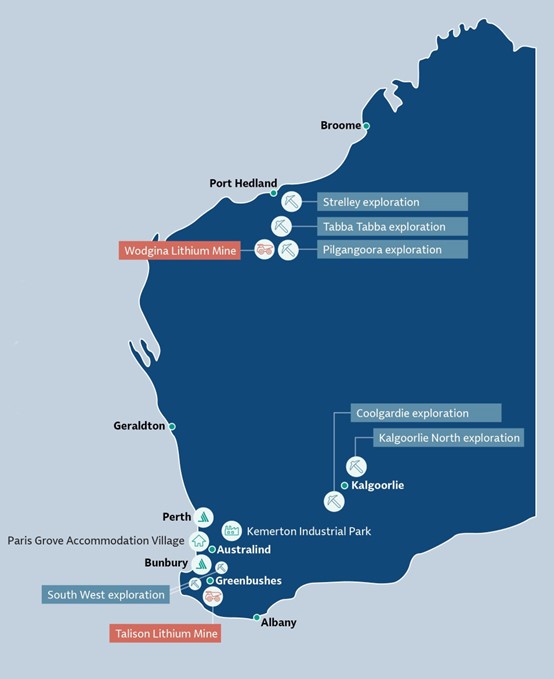Albemarle, a mining giant headquartered in North Carolina, USA, launched its second cost-cutting plan this year last week, suspending a production line and halting the expansion of the third phase of the Kemerton lithium hydroxide refinery in Australia. Albemarle reported a net loss of $188 million in the second quarter, a stark contrast to the net income of $650 million in the same period last year.
Albemarle's Kemerton Lithium Hydroxide Refinery in Australia
As the world's largest lithium producer, Albemarle is urging government help to compete with China in the strategic electric vehicle mineral market.
Kent Masters, the group's CEO, recently told the Financial Times in an interview that he hopes governments and car manufacturers will provide more help to compete with China in the collapsing lithium market. "If we are to build a Western electric vehicle supply chain, action is needed now," Masters told the Financial Times.
Since the beginning of 2023, lithium prices have plummeted by more than 80% to less than $12,000 per ton, due to a slowdown in global electric vehicle sales and the concentrated market entry of new lithium mine supplies. The sharp drop in lithium prices makes it more difficult for Western groups to compete with Chinese companies with lower production costs. This has also forced Albemarle to recently cut back on expansion plans and suspend some production lines for maintenance, which will result in about $1 billion in impairment provisions and the layoff of 300 jobs.
Albemarle's Australian Lithium Assets
In addition, Masters also said that the Inflation Reduction Act (IRA) of US President Joe Biden has not reduced the West's dependence on China in key materials such as lithium. He believes this legislation is "very important" but "never really penetrated the field of critical minerals." Although the western companies are also working to build its own supply chain, so far, due to its huge advantage in refining strategic minerals, China still controls the supply chain. According to public data statistics, based on lower construction costs and technological advantages, China's lithium processing industry accounts for 65% of the global market share. Albemarle even finds it difficult to find skilled workers for its Kemerton plant. This could be a crisis for the West, "This is a very important moment."
The Western governments and companies are taking action. Australian Resources Minister Madeleine King promised last Thursday to accelerate the planned tax incentives for key mineral processing. The European AMG Critical Materials mining company's small lithium refinery in Germany, which is about to be completed, plans to adopts the latest technology to reduce operating costs and compete with Chinese companies.







